It’s All In The Name
What’s in a name? Success or failure, happiness or its opposite, if you believe the numerologists. There must be something to it, else Hollywood wouldn’t put so much stress on choosing just the right professional monikers for its stars.
Lauren Bacall, for instance. Names have always intrigued me and none more so than that of the sleepy-eyed Warner starlet who became the fourth Mrs. Humphrey Bogart in May. Whoever wished that name on her—and one hears that Hollywood employs a battery of professional name-changers—had a touch of genius. As Lauren Bacall—also known as The Look—her face and figure have been front-page news for months. The numerologists say there’s a reason, as you’ll presently see.
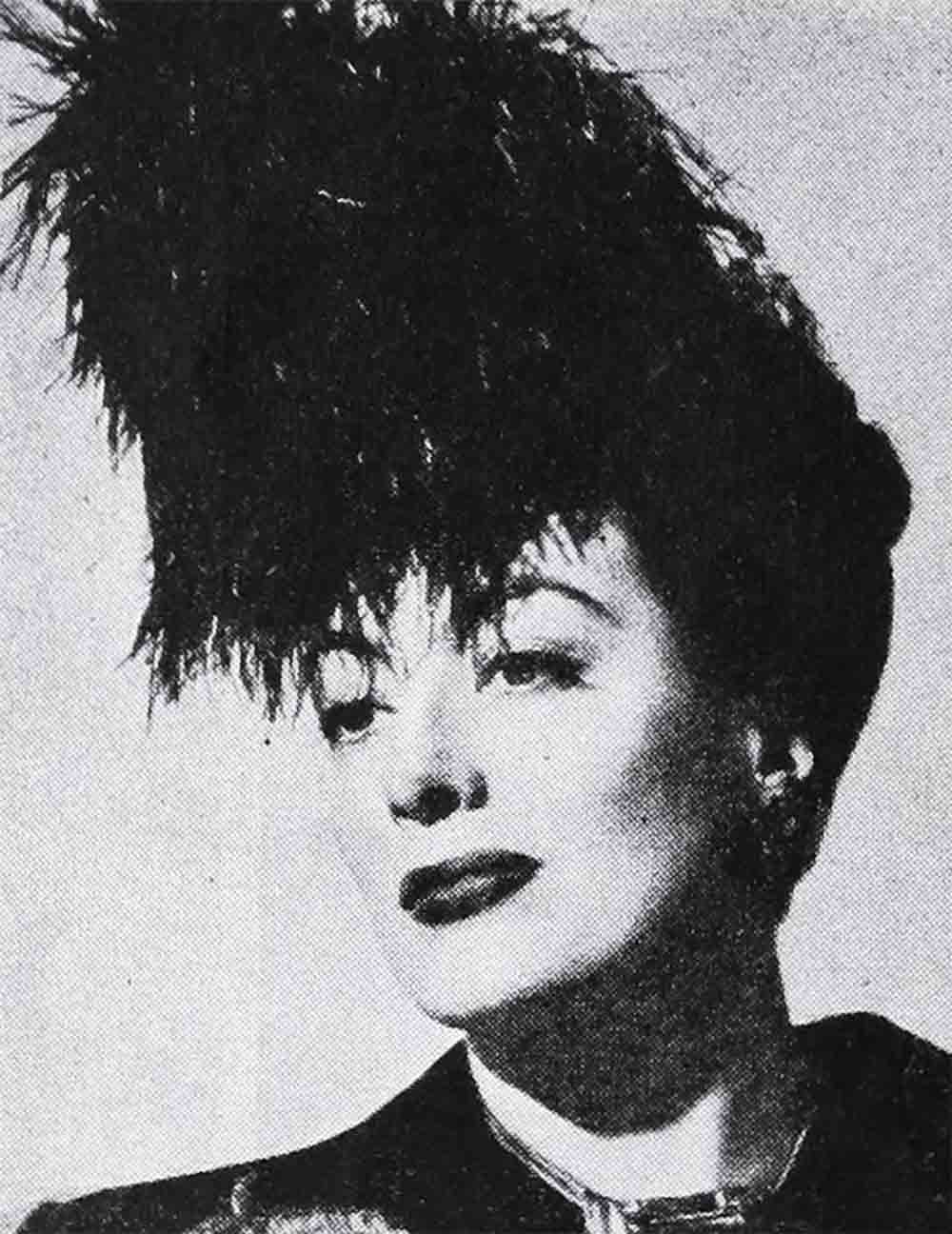
Jennifer Jones, I think, was another inspiration. The sweet young star of “The Song Of Bernadette” had spent a substantial part of her life in show business as Phyllis Isley. She even had a go at Hollywood in Western pictures. But not until Dave Selznick’s hard-working aides dreamed up a new name for her did she zoom to stardom.
Do stage beauties, screen heroes, actor and models succeed because of their names or despite them? Would a rose be just as sweet by any other name? As sweet, perhaps, but not so saleable. A professional name, whether it soothes the eye and ear or merely irritates them, should always snag the memory. A name that is too pretty, too easy to pronounce, may defeat its purpose. This is probably why the Powers, Conover and other model agencies tag their most beautiful models with such odd appellations as Jinx Falkenburg, Choo Choo Johnson, Chili Williams, Candy Jones, et cetera.

Tallulah Bankhead, a name to conjure with, happens to have been her own since birth. Would Taloo, as her friends call her, have developed so flaming a personality if her parents had christened her Rosemary, say, or Jocelyn? Or even Eugenia, the name they bestowed on her older sister? The tempestuous Tallulah thinks not.
“My mother must have had some prescience of what I would grow up to be like,” she told me. “I was christened at her deathbed and her last words were, ‘Look after Eugenia—Tallulah can look after herself.’ And I most certainly have been looking after myself ever since.”
When I asked how she came by so unusual a name, she replied:
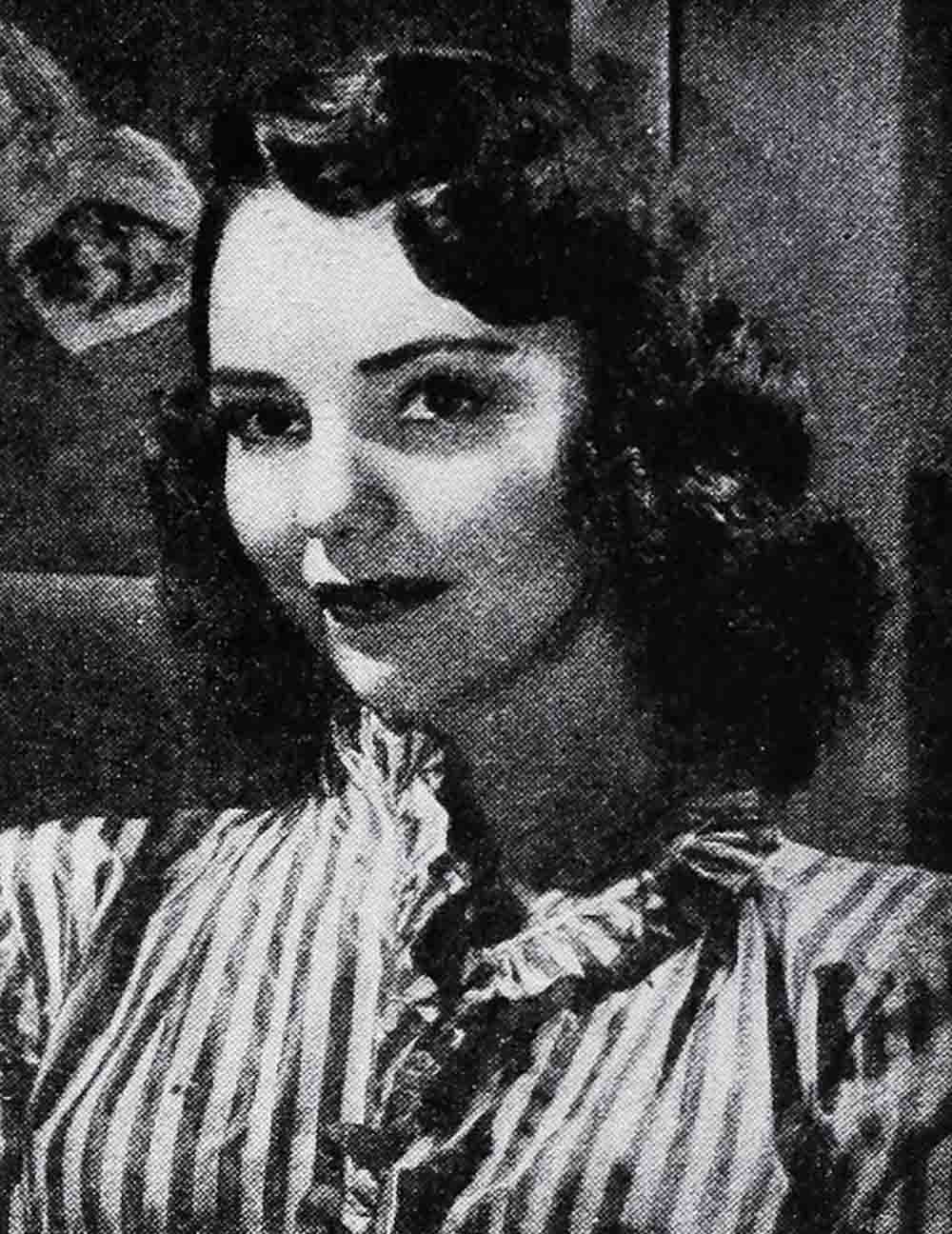
“I was named for my grandmother. But the first Tallulah—quite unrelated—was an Indian princess, to whom the aborigines made a sacrifice of a man every year, to promote good crops. I always thought the name meant ‘Love Maiden.’ ”
At this, Tallulah gave the throaty gurgle for which she is famous.
“I was sadly disillusioned by my aunt, who headed the historical archives of the State of Alabama. She informed me that the word means ‘Terrible’!”
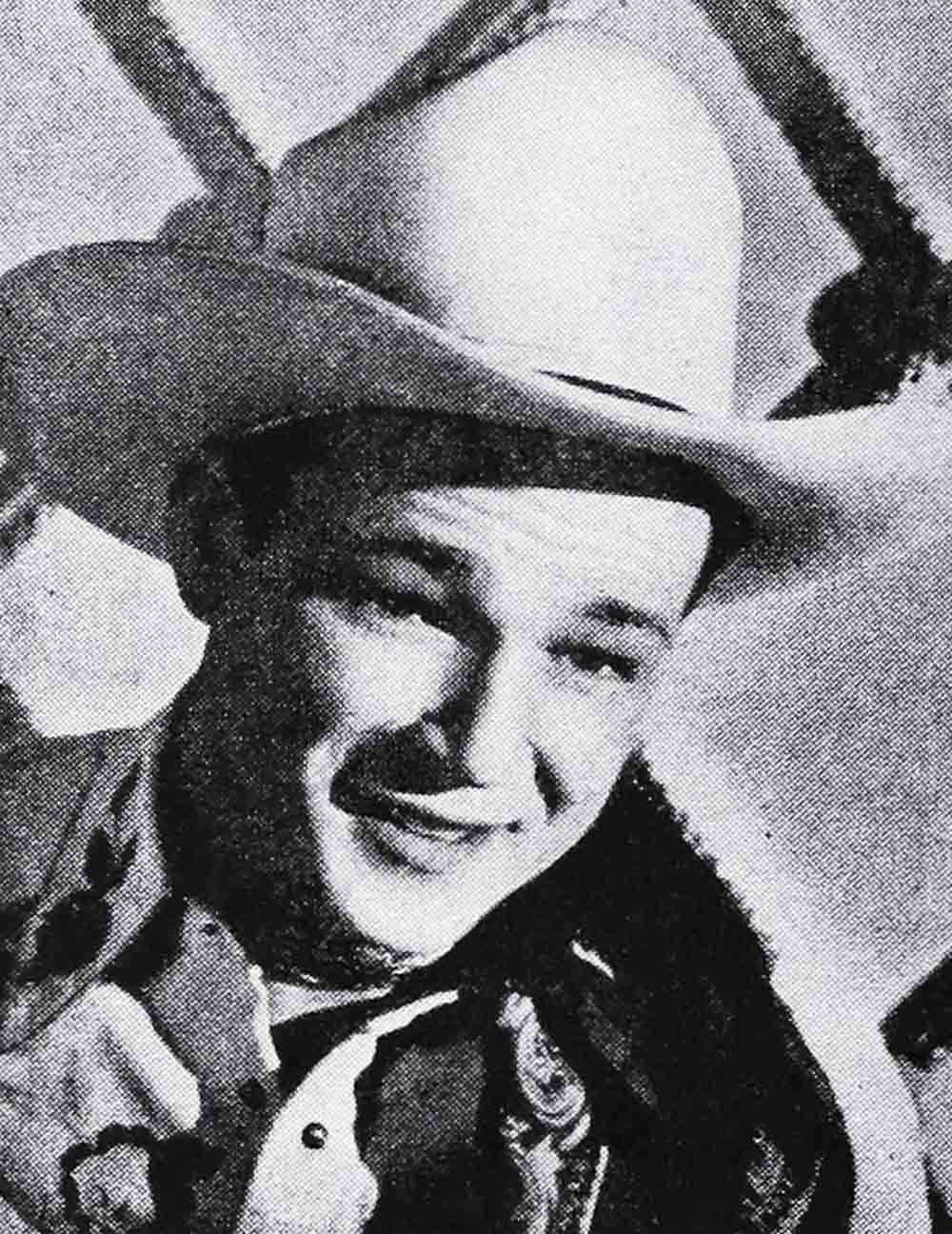
Would Roy Rogers, Republic Pictures’ cowboy star, have captured the fancy of millions as Leonard Sly, his true name, which sounds like a character in a Restoration comedy? Would Mary Pickford have become America’s Sweetheart as Gladys Smith, which happens to be what she was christened? I doubt it. Nor would Joan Crawford have risen to stellar heights as Lucille LeSeuer.
Since the late Carole Lombard (born Jane Peters) assumed that name—adding an “e” to the Carol, on the advice of a numerologist—there has been a flock of starlets with that name, best known of them being Carole Landis (nee Frances Ridste). Frank Cooper and Rupert Vallee set a new style in names for boys when they adopted the petits noms, respectively, of Gary and Rudy.

When I asked Gypsy Rose Lee, the former burlesque queen, how she came by so unusual a moniker, she explained quite simply that in vaudeville she had been billed as Rose Louise. This, for practical purposes, was shortened to Rose Lee; Gypsy was the nickname by which her mother had known her since her rosy-cheeked, curly-haired babyhood. It is interesting to note that when the Will Hays office insisted on introducing her to the screen as Rose Louise Hovick (her real name) she was a flop. On her second Hollywood try, she was permitted to resume the name by which Broadway had always known her. It was a typographical error in a theater program that decided Gypsy’s sister, June Havoc, to adopt that spelling.
Several seasons ago, while visiting Saratoga Springs, I was so smitten by a madcap blonde singing with Vincent Lopez’s band that I gave her a rave newspaper notice—her very first, as it turned out. Lopez, a bug on numerology—he won’t employ a vocalist until he is sure her “numbers” are right—told me he had picked her out of an obscure Cleveland night club, where she was appearing as Betty Thornberg. After much juggling of figures, he renamed her Betty Hutton.

“With that name,” Lopez observed drily, “she couldn’t miss.”
My friend Helene Hoskins, the astro-numerologist, believes that parents should bestow a variety of names on their offspring, in order to include all the necessary “vibrations.” Then, when they are old enough to choose, they can pick the name most suited to the personality or professional ambition.
I don’t know much about numerology or numerologists, but I understand that by “vibrations,” they mean a harmonious link-up between the birth date and the letters of the name. Double “o’s” in a name are theoretically supposed to project the owner into public life, the numerologists claim, citing Roosevelt, Hoover, Coolidge, Doolittle. It is a matter of record that Thomas W. Wilson dropped his first name, adopted his second, and became known to the world as Woodrow Wilson.
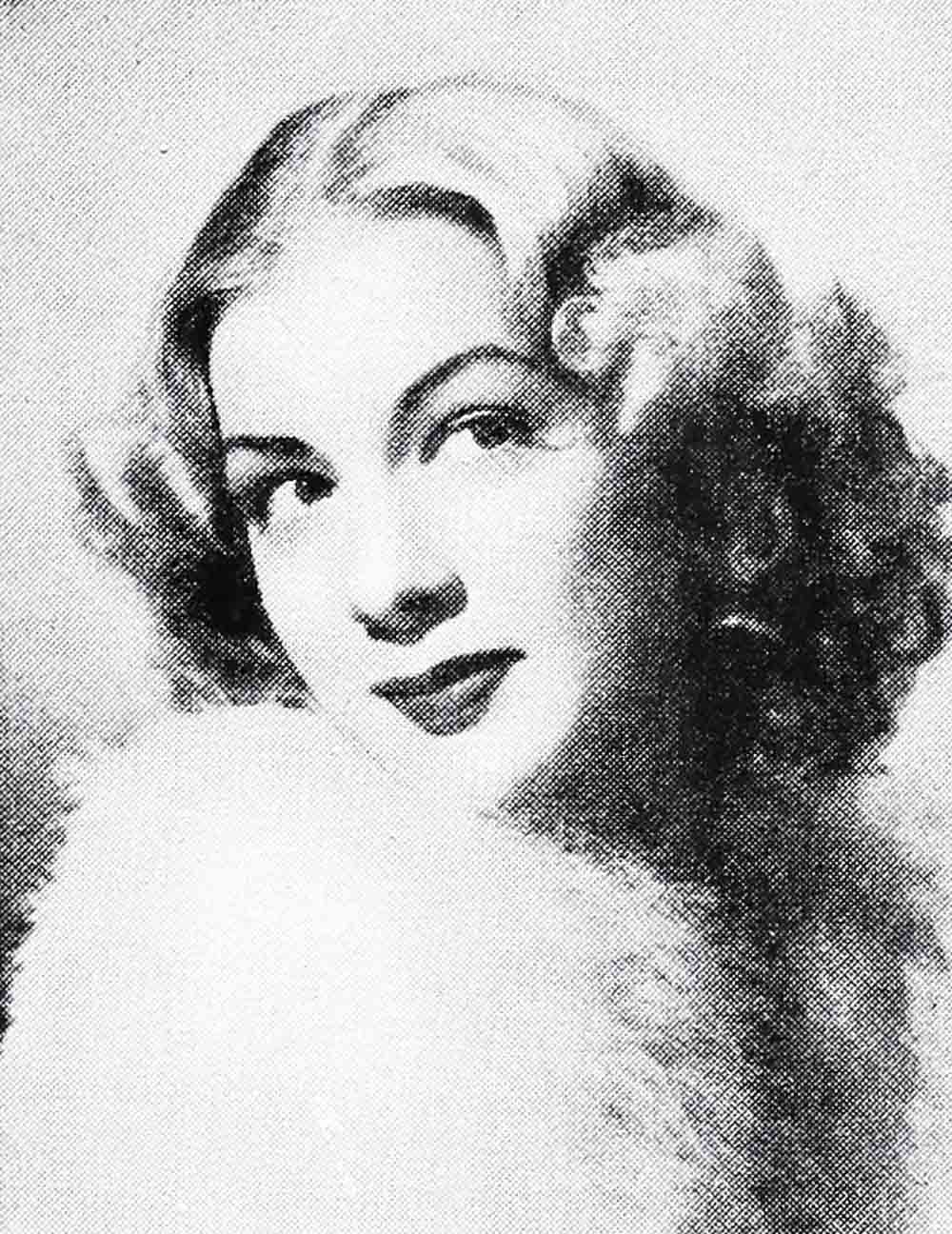
Perhaps Eugene O’Neill had the double “o” theory in mind when he named his daughter Oona. She certainly achieved fame—or at least publicity—by marrying Charlie Chaplin!
Double letters, it seems, are not always lucky or desirable. The letter “D,” for example, being a four—a number that carries responsibility and hard work—might keep its owner’s nose to the grindstone for the length of the “vibration.” Double “R’s” are too nervous, and double “L’s” too emotional. Taking a capital “L” into the name. Miss Hoskins believes, invariably tends to attract romance. Which may explain why Warners’ new starlet attracted Humphrey Bogart almost before she had attracted a screen career, when she changed her name to Lauren. As Betty, she would tend to be more passive, feminine and domestic, since the letter “B” suggests those qualities.
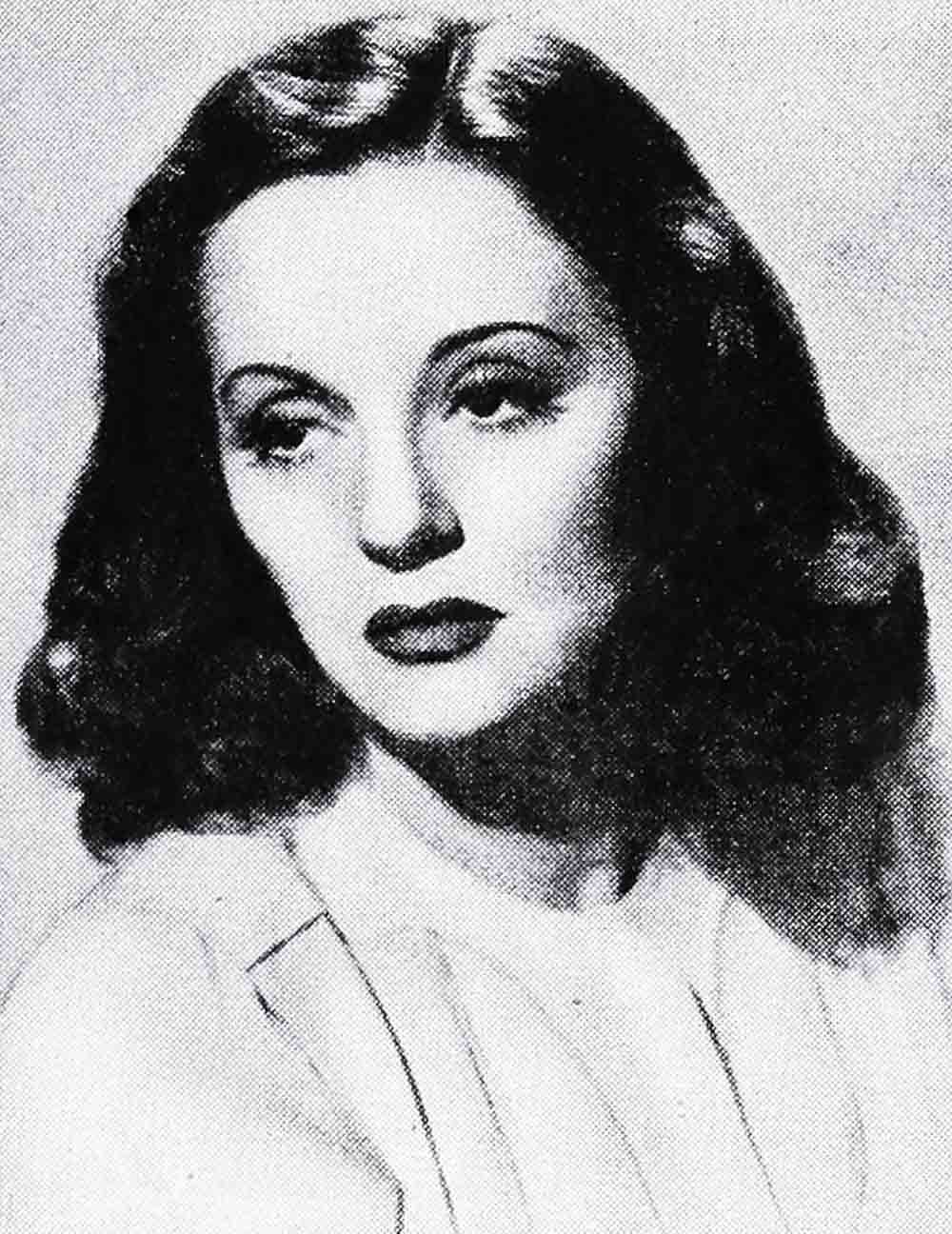
Vowels, generally speaking, are more emotional and feminine and imply the gift of self-expression; consonants are supposed to be imbued with the masculine virtues and indicate will, mental ability and independence in the native, whatever the sex. Each letter of the alphabet—in some foreign languages, it is merely a tone—is supposed to have its own number, and each number its particular “vibration.” And it is our “vibrations” that make us behave the way we do! All very complicated and fascinating, and supposedly based on the principles worked out some 2,000 years ago by Pythogaras, the famous Greek philosopher and mathematician.
I am inclined to think that euphony, or suitability, is the important thing in picking a professional name. Julie Haydon, for example, lies easier on the ear and better suits the fragile beauty of the actress scoring a hit in “The Glass Menagerie.” Mickey Rooney unquestionably better fits the impish personality of M-G-M’s juvenile star than Joe Yule.
Bad as well as good can come from a change in name, Miss Hoskins assures me. Nan Bullen, she recalls, was doing all right for herself as a simple English somebody until she became socially ambitious, changed the spelling of her name to Anne Boleyn, and married a king. You know what happened to her!
THE END
It is a quote. PHOTOPLAY MAGAZINE SEPTEMBER 1945


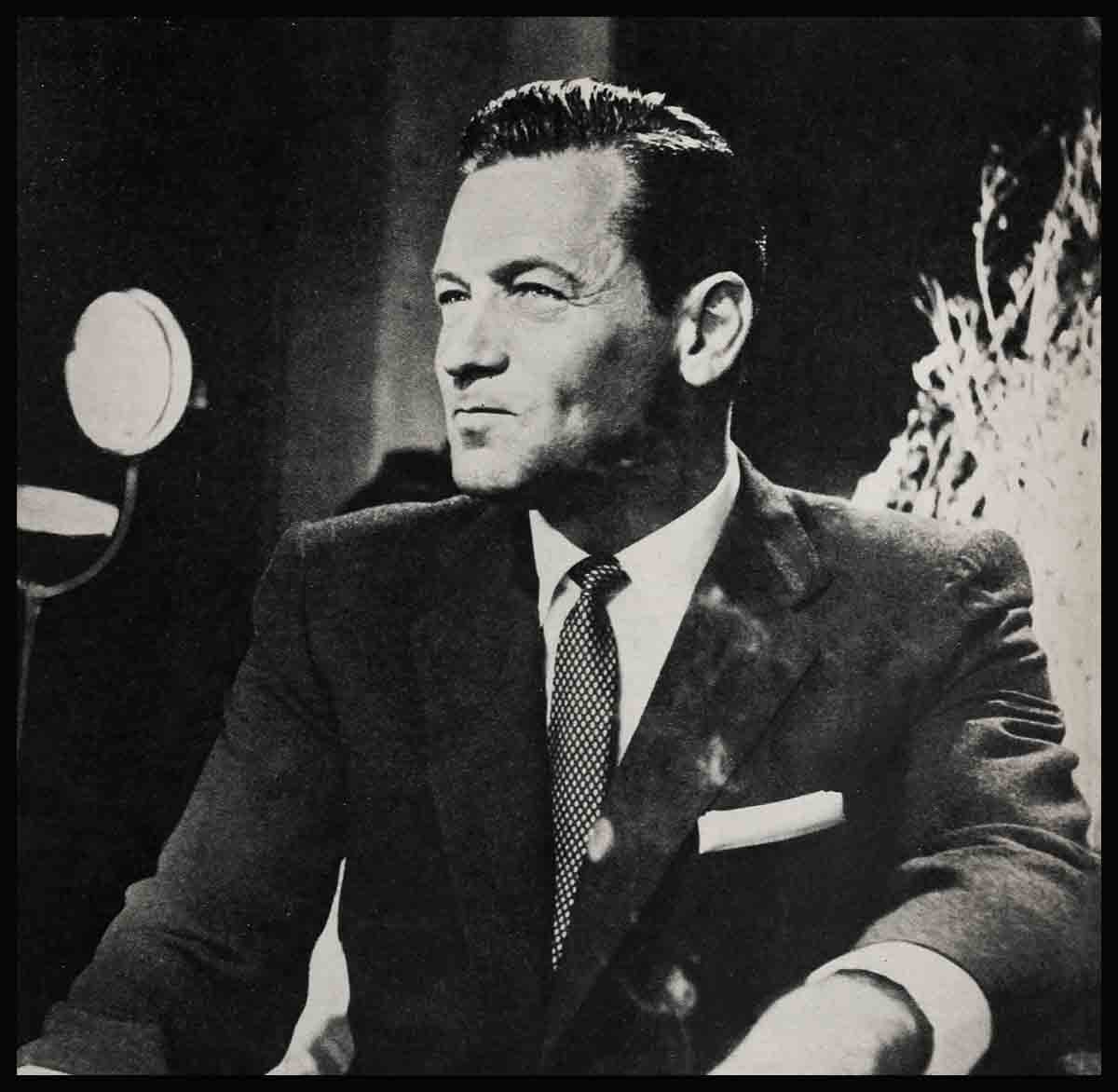
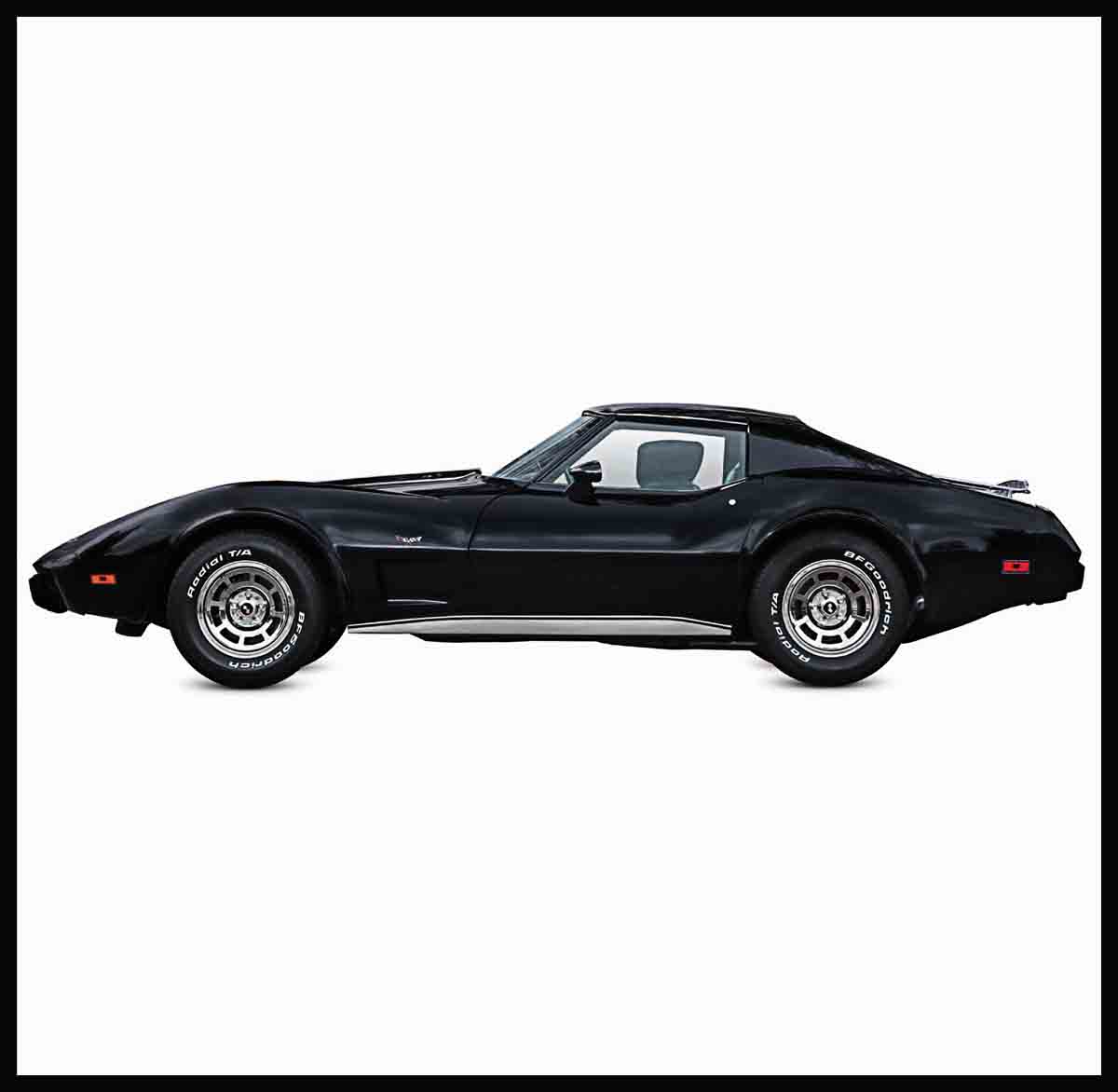
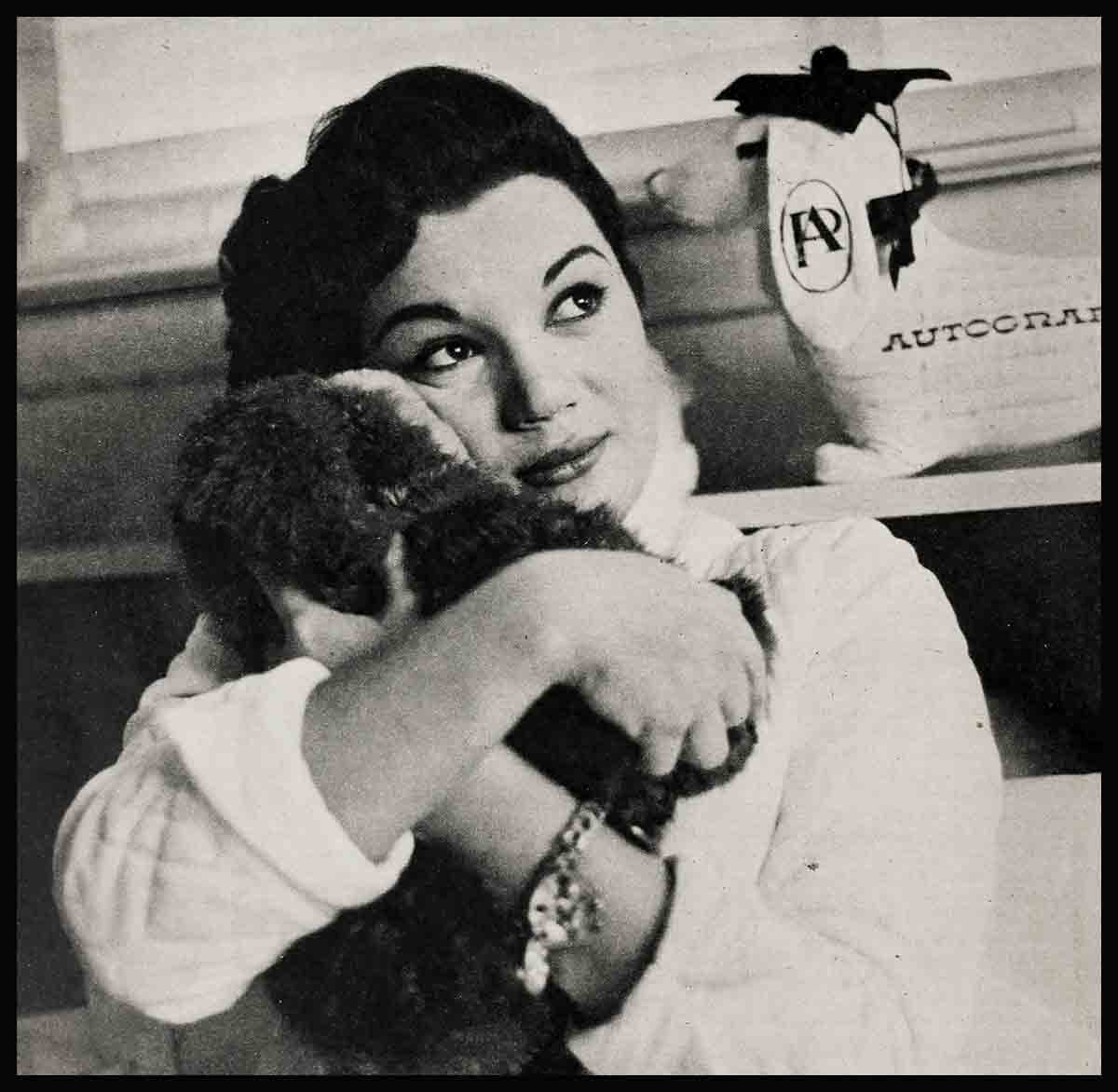
No Comments